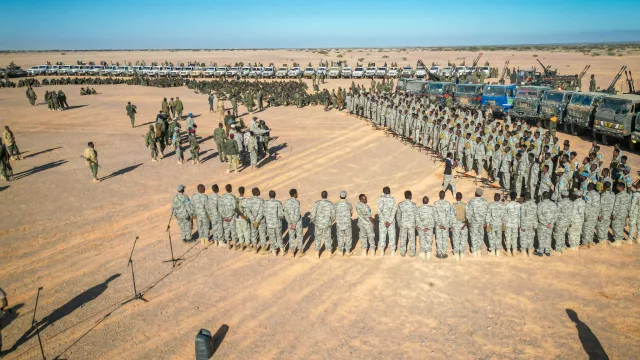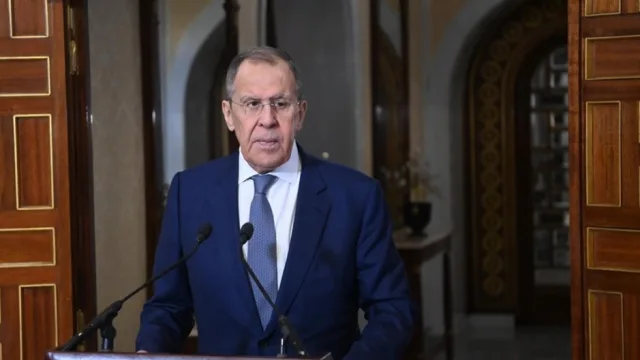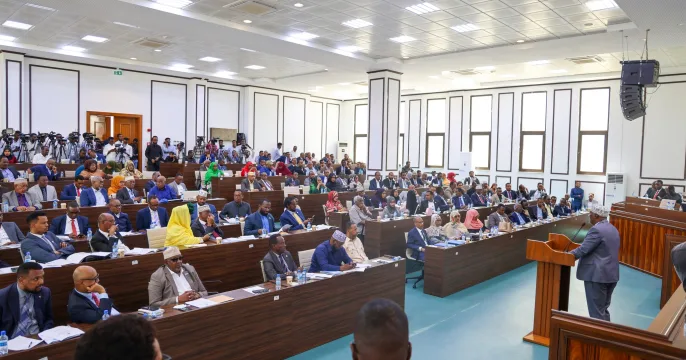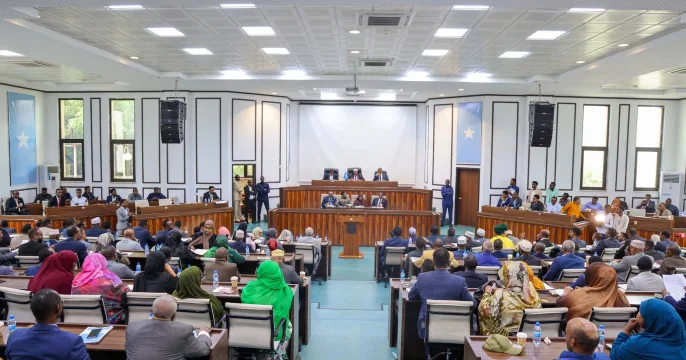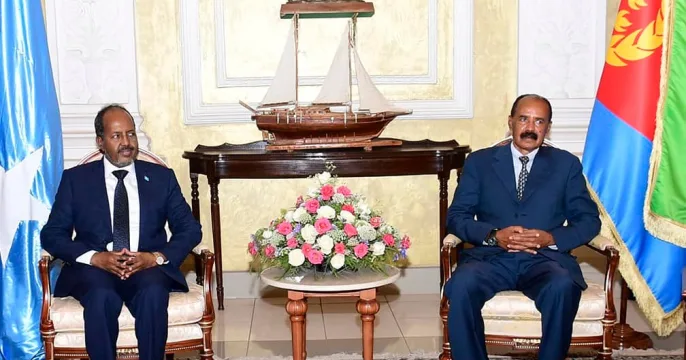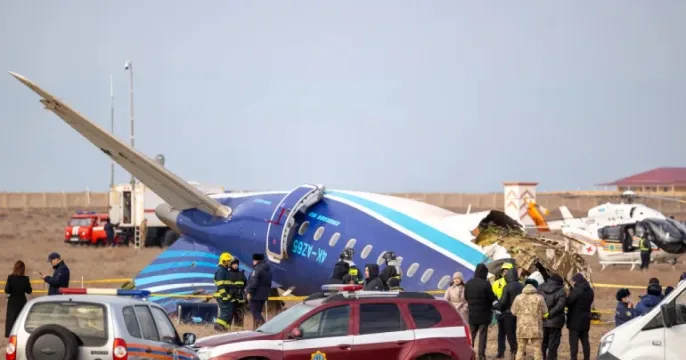Somalia would accept the involvement of Ethiopian forces in its battle against al-Qaeda-linked militants as it…
 Somalia would accept the involvement of Ethiopian forces in its battle against al-Qaeda-linked militants as it seeks the expansion of an African Union-led peacekeeping mission, a government spokesman said.
Somalia would accept the involvement of Ethiopian forces in its battle against al-Qaeda-linked militants as it seeks the expansion of an African Union-led peacekeeping mission, a government spokesman said.
Somalia is unaware of any Ethiopian soldiers crossing its border at the weekend, Abdirahman Omar Osman, a spokesman for the government, said in a phone interview today from Mogadishu, the capital. The New York Times reported earlier today that hundreds of Ethiopian soldiers crossed into Somalia yesterday.
“We don’t know of any Ethiopian troops crossing into our territory,” Osman said. “Illegal troops can’t cross a country’s legal border.”
U.S.-backed Ethiopian forces invaded Somalia in 2006 to oust an Islamist government that had captured southern Somalia. They withdrew in January 2009 after becoming bogged down in a guerrilla war with al-Shabaab, a rebel group seeking to establish an Islamic state in Somalia. The militants control most of southern and central parts of the country.
East African nations will consider sending Ethiopian troops to Somalia at a meeting of the Intergovernmental Authority on Development in Addis Ababa on Nov. 25, Ethiopia’s Foreign Ministry said on Nov. 18. Any agreement to send more troops under the command of the African Union Mission in Somalia, a peacekeeping force operated by the continental body with a mandate from the United Nations, would be welcome, Osman said.
Extremists
“We welcome anything that could support us getting rid of the extremists on our soil,” he said.
Kenyan forces entered Somalia a month ago after accusing al-Shabaab gunmen of abducting at least four Spanish, French and British aid workers and holidaymakers in the country, as well as murdering a British man, between September and October.
Kenya would “be prepared to work with anyone who is committed to working toward the stabilization of Somalia, Major Emmanuel Chirchir, spokesman for the Kenya Defence Forces, said in a phone interview today.
Somalia, which hasn’t had a functioning government since the fall of Mohamed Siad Barre’s dictatorship in 1991, has been the hardest hit country in the region by the worst drought in six decades, leaving 750,000 at risk of starvation, according to the UN.
Source: Bloomberg
